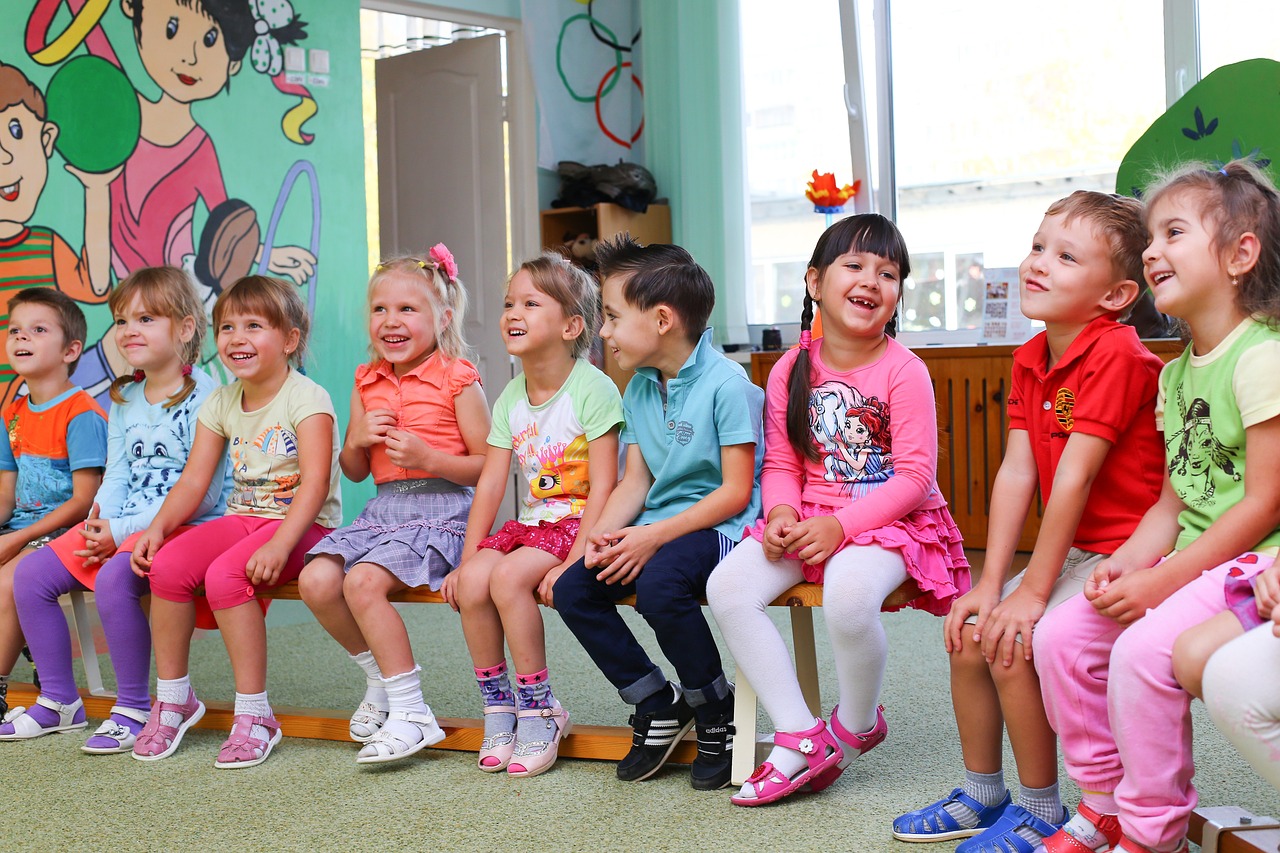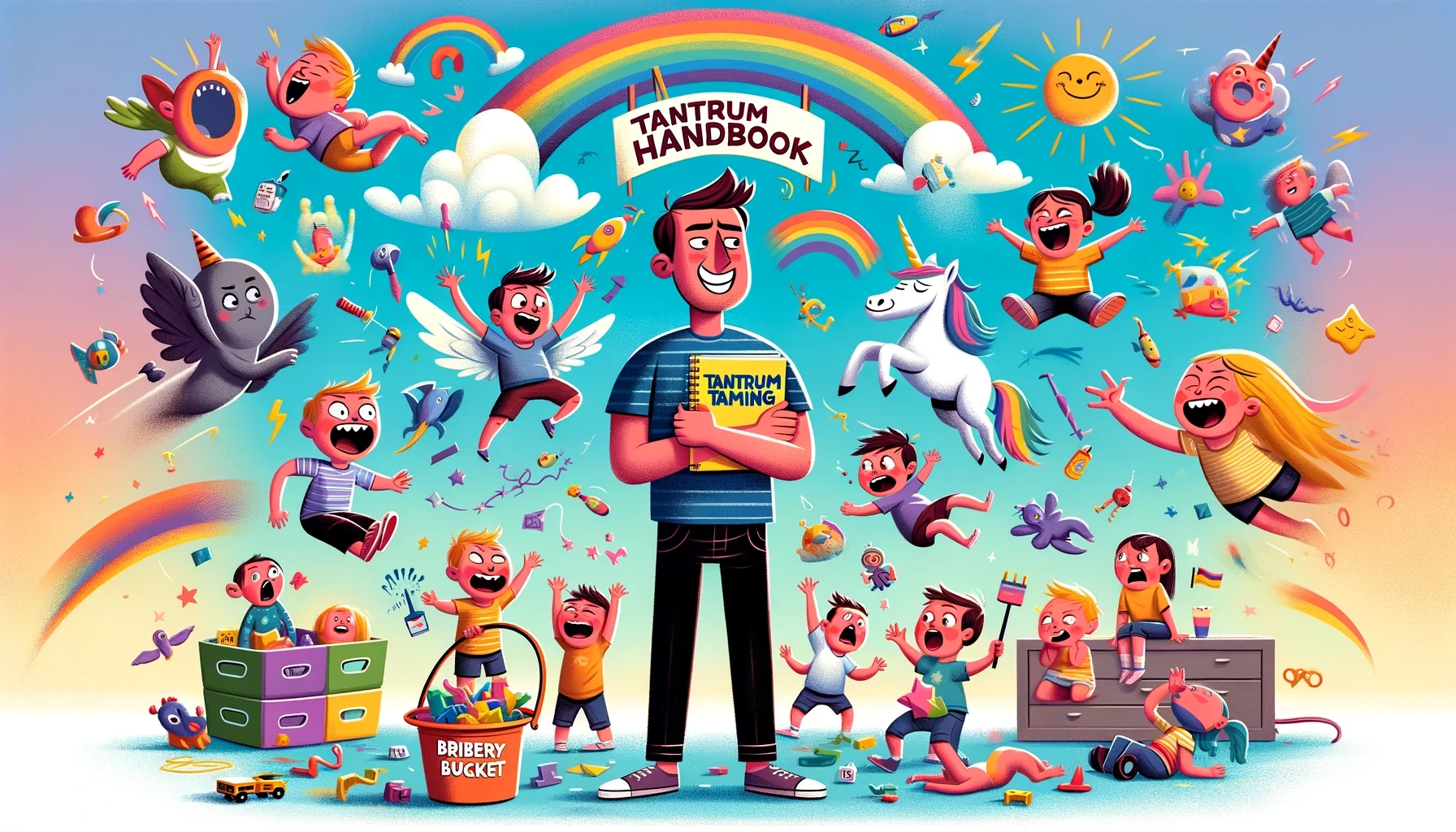Remember the days when the most pressing conversation you needed to have with your child was about where missing socks go in the laundry? And just when you thought, “Hey, I’ve got this parenting gig down,” the universe throws a curveball. It’s time to discuss drugs and alcohol with your offspring. But fret not, dear parent, because just like assembling IKEA furniture or solving the mysteries of the Bermuda Triangle, it’s… manageable. So, buckle up and let’s dive into this roller-coaster of teen awkwardness.
Step 1: Choose the Perfect Time (Because Timing is Everything)
You know the best time to discuss drugs and alcohol? At their friend’s birthday party. Just kidding. Please don’t. Instead, find a quiet, calm moment when both you and your child are relaxed. This ensures they don’t think you’re accusing them of something. But let’s be honest, even if you pick the most serene moment, there’s a 99.9% chance it’s going to be awkward. Embrace the cringe.
Step 2: Start With a Story
Remember that one time at college when your friend Joe tried to do the Macarena after downing four tequilas? It’s storytime! But remember to keep it PG. Sharing personal experiences (without glorifying them) can break the ice and make the conversation seem less like a lecture. This approach says, “Hey, I’ve been there, I understand, but let’s talk about making smarter choices.”
Step 3: Ask, Don’t Tell
Instead of launching into a monologue worthy of an Oscar, ask open-ended questions. “What do you think about drugs and alcohol?” “Have you heard about them from friends or at school?” This makes the talk more interactive and less of a snooze fest. Bonus: It gives you insight into what they already know (or think they know).
Step 4: Discuss the Real Risks, Not Just the Horror Stories
Sure, recounting tales of teens who faced dire consequences after dabbling in drugs might get their attention. But you know what’s more effective? The truth. Discuss the real risks associated with drug and alcohol use, like addiction, impaired judgment, and health issues. Because, as much as we’d love to believe our kids think we’re the ultimate bearers of wisdom, they’re probably cross-referencing everything you say on the Internet.
Step 5: Offer Your Support, Not Just Rules
After imparting your wisdom, emphasize that you’re there for them. Your child should know that they can come to you with any questions or concerns, even if they mess up. Trust is key here. Set boundaries, but remember, rules without relationships lead to rebellion.
Step 6: Bring in the Reinforcements
While you might believe you are the ultimate fountain of knowledge (and in many respects, you are), it can sometimes be beneficial to have backup. Consider watching a documentary or reading a book about the topic together. Not only does this give your chat a bit more credibility, but you also get to share popcorn and ‘accidentally’ spill some when the discussion gets too tense. Classic diversion.
Step 7: Role-play: Because Who Doesn’t Love a Bit of Drama?
Remember your high school drama classes? Time to put those acting skills to good use. Role-play scenarios where your child might be offered drugs or alcohol. This isn’t just to see if you’ve still got those acting chops, but also to give your child practical tools to handle real-life situations. However, if your child insists you’re overacting, maybe take it down a notch.
Step 8: Share the (Un)Cool Facts
Drown them in knowledge. Share statistics and facts about drug and alcohol use, especially focusing on how it affects young bodies and brains. Now, while facts like “Alcohol can impair your liver function” might not be as compelling as “Four tequilas can lead to terrible dance moves,” they’re vital for your child to understand the long-term implications.
Step 9: Practice Active Listening
Sure, this chat is mainly about imparting wisdom, but remember to listen actively to your child. If they say something surprising, refrain from the classic parent gasp. Instead, be open, understanding, and if necessary, silently scream into a pillow later.
Step 10: Schedule Regular Check-ins
This shouldn’t be a one-and-done deal. Make it a point to revisit the topic occasionally. It’s like a sitcom; there’s always a sequel or a spin-off. As your child grows and is exposed to new environments and challenges, their perspectives might change. It’s crucial to keep the communication lines open.
In wrapping up, remember, dear parents, the goal isn’t to terrify your child into never leaving their room again. It’s to equip them with knowledge, tools, and the confidence to make informed decisions. And hey, if all else fails, just remind them of that one time Uncle Joe tried to make a DIY parachute after a few too many drinks. There’s no better cautionary tale than real-life goof-ups.
Happy Parenting! And may the odds of surviving teen conversations be ever in your favor.
Pro Tips for the Savvy Parent
- Know Your Stuff: Before diving into the conversation, make sure you’re informed about the current drug scene. While your expertise on ’80s and ’90s drugs might be top-notch, today’s landscape might have evolved. A little research goes a long way!
- Connect with Other Parents: Share experiences and strategies. Create a support group, or simply connect over coffee. You might pick up some useful insights, or at the very least, some hilarious anecdotes.
- No Judgment Zone: If your child confesses to trying something, remain calm. It’s more crucial that they feel they can be honest without facing immediate punishment. Open dialogue is key.
- Consider Outside Resources: From school counselors to community programs, there are experts out there who can offer guidance. Some workshops and programs are specifically designed for parents.
- Set Clear Boundaries and Consequences: While understanding and communication are essential, it’s equally important to have clear rules in place. Discuss consequences for breaking these rules, but ensure they’re fair and consistent.
- Positive Reinforcement: If your child makes good decisions or stays away from drugs and alcohol, praise them. Positive reinforcement can be more powerful than you think.
- Avoid Scare Tactics: While it might be tempting to go down the route of terrifying tales, often, they can backfire and make kids more curious. Stick to facts and genuine experiences.
- Lead by Example: Kids are observant. Ensure you’re modeling the behavior you want to see. If you preach moderation but practice excess, your message might get lost.
- Educate About Peer Pressure: Equip your child with strategies to deal with peer pressure. Sometimes, a simple “No, thanks” is powerful enough, but it’s good for them to have an arsenal of responses.
- Remember, It’s a Marathon, Not a Sprint: Building trust and maintaining open dialogue is an ongoing process. Don’t be disheartened if one conversation doesn’t seem fruitful. Keep trying, keep talking, and keep listening.
In the end, while the landscape of drugs and alcohol might change, the foundation of trust, understanding, and communication remains timeless.
Frequently Asked Questions (FAQs) About Talking to Your Child About Drug and Alcohol Use
While it might seem early, it’s a good idea to start laying the groundwork as young as elementary school. Begin with age-appropriate conversations and gradually delve deeper as they grow older and face different exposures.
Honesty is vital, but remember to provide context. If you’ve tried it, share your experience without glamorizing it and discuss the lessons learned.
Stay calm and thank them for their honesty. Avoid immediate punishment. Instead, ask open-ended questions about their experience and feelings, and discuss the potential consequences and risks.
Establish trust and open communication. Instead of snooping, encourage them to share about their day, their friends, and their experiences. Create an environment where they feel safe discussing anything.
While they might seem effective short-term, scare tactics can often backfire. They might breed distrust or increase curiosity. It’s better to rely on facts, genuine experiences, and understanding.
While you can’t control every external influence, you can equip your child with the tools to make informed decisions. Discuss scenarios, role-play responses, and constantly reinforce their self-worth and the value of standing up for their beliefs.
This isn’t a one-time conversation. As they grow and face different challenges, it’s crucial to check in periodically. Adjust the depth and details of the conversation based on their age and experiences.
Be patient. Let them know you’re there whenever they’re ready. Sometimes, it helps to approach the topic indirectly, perhaps by discussing a related movie, news article, or event.
Behavioral changes, drastic shifts in friend groups, secretive behavior, declining grades, or disinterest in hobbies can be potential signs. However, many of these are also typical teenage behaviors. Approach the topic gently and avoid jumping to conclusions.
Seek professional help immediately. Whether it’s through therapy, counseling, or support groups, it’s crucial to get expert guidance. Ensure your child knows you’re there for them, offering love and support throughout their journey.
Essential Facts for the Talk
Discussing drugs and alcohol with your child isn’t just about personal experiences and “Back in my day” stories. Arm yourself with these compelling, up-to-date facts to ensure your child is well-informed:
- Brain Development: The human brain continues to develop into the mid-20s. Regular drug or alcohol use can seriously hinder this process, potentially leading to cognitive impairments and affecting areas of the brain that regulate decision-making, impulse control, and emotions.
- Addiction: Adolescents are more prone to becoming addicted than adults. Early exposure to drugs and alcohol increases the risk of addiction in adulthood.
- Accidents: Alcohol is a leading factor in fatal accidents involving teenagers. Impaired judgment can lead to risky behaviors, including drunk driving and unguarded actions.
- Mental Health: Regular drug and alcohol use can exacerbate or trigger mental health disorders, including depression and anxiety. Some drugs, like hallucinogens or synthetic cannabinoids, can also lead to unpredictable and sometimes violent behavior.
- Academic Impact: Studies have shown a direct correlation between substance use and declining grades. Drugs and alcohol can affect memory, concentration, and the ability to think critically.
- Legal Consequences: Possession or distribution of illegal drugs can lead to severe legal consequences, including juvenile detention or loss of opportunities in the future, such as college admissions or job prospects.
- Health Effects: Beyond the liver damage associated with alcohol, many drugs can harm vital organs, including the heart and lungs. Over time, this can lead to chronic diseases, organ failure, or other life-threatening conditions.
- Mixing Substances: Combining drugs, or mixing drugs with alcohol, can lead to unpredictable and sometimes fatal reactions. Many overdose incidents in teenagers are a result of mixing substances without understanding the consequences.
- Social Implications: Engaging in drug or alcohol use can lead to fractured friendships, ruined relationships, and isolation. Peer pressure can also force kids into situations they’re uncomfortable with, potentially leading to regrettable decisions.
- Economic Impact: Beyond the immediate cost of purchasing drugs or alcohol, there’s the long-term economic impact to consider. This includes potential legal fees, medical treatments, and lost opportunities in the future.
Remember, presenting these facts isn’t about scaring your child into submission but arming them with knowledge. Equip them with the information to make informed decisions, understanding the full range of implications of drug and alcohol use.



